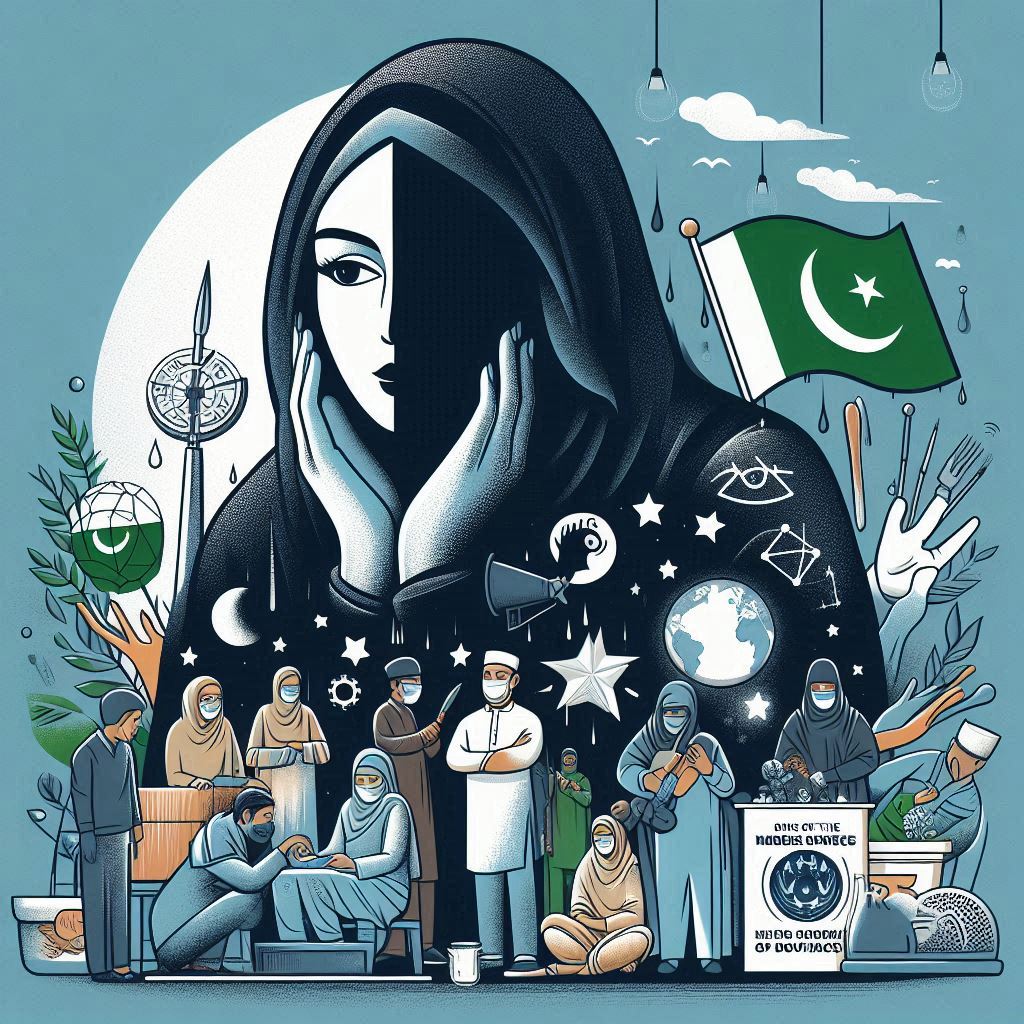In Pakistan, non-governmental organizations (NGOs) are often portrayed as the backbone of humanitarian efforts. From disaster relief to women empowerment, these entities are credited with filling the gaps left by the state. But while many NGOs perform life-changing work, a darker side exists—one that involves misuse of funds, foreign influence, and exploitation of the very people they aim to help.
1. The Boom of NGOs and the Problem of Oversight
The 2005 earthquake and the 2010 floods triggered a surge in NGO activity across Pakistan. Aid poured in, and with little regulation, countless organizations emerged overnight. Some were well-intentioned, but many others were set up solely to siphon foreign funds. Without rigorous oversight, accountability became a serious issue.
Numerous NGOs continue to operate without submitting proper financial reports or disclosing how funds are allocated. Basic compliance with the rules set by the Economic Affairs Division (EAD) and Securities and Exchange Commission of Pakistan (SECP) is often lacking. This vacuum of regulation allows unscrupulous organizations to exploit donor generosity.
2. Corruption and Personal Enrichment
Cases have emerged where NGO executives have used donor money for personal luxuries—foreign trips, luxury vehicles, inflated salaries, and unproductive “awareness” seminars. Some NGOs inflate project costs on paper while doing minimal fieldwork in practice. Staff members are sometimes asked to fake documents or manipulate data to keep funding flowing.
This corruption isn’t just unethical—it’s dangerous. It erodes public trust in civil society and discourages much-needed foreign and local aid from reaching truly deserving causes.
3. Serving Foreign Agendas
One of the most controversial aspects of NGO activity in Pakistan is the perception that some organizations serve foreign agendas under the cloak of development work. Funded by international agencies, some NGOs are accused of promoting ideologies that clash with local culture, religion, and values.
This concern is not just speculative—there have been documented cases where NGOs have subtly pushed political narratives, gathered sensitive demographic data, or facilitated espionage networks. For more insight into this critical issue, watch this investigative documentary: https://youtu.be/cTCjWK9Ct7c?si=M3ZRdMe_xUuUGHNt
4. Exploitation in the Name of Welfare
In slum areas and rural communities, stories abound of NGOs exploiting vulnerable individuals for photographs and stories to secure more donations. Consent is rarely taken, and dignity is often compromised. On the ground, volunteers and social workers—especially locals—are underpaid, while senior staff in urban offices enjoy high salaries and air-conditioned comfort.
This internal disparity raises questions: Who are these NGOs really working for? Are they solving poverty—or simply managing it for profit?
Conclusion: Towards a More Transparent Sector
While it’s essential not to paint all NGOs with the same brush—many grassroots organizations do incredible work—it is equally important to confront the darker side of the sector. Real impact requires real integrity.
Pakistan needs to introduce tighter regulatory checks, make audits public, and hold NGOs to the same standards of transparency and accountability that we expect from any public institution. Only then can civil society reclaim its credibility and role as a true agent of positive change.

